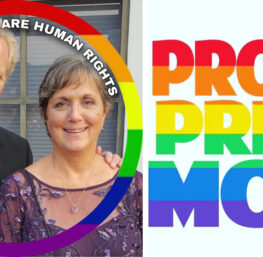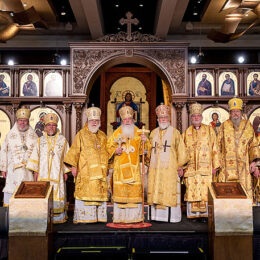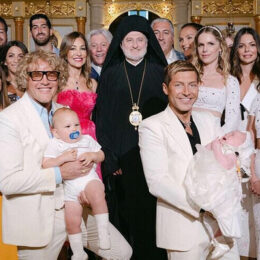American Thinker | Paul Shlichta | May. 19, 2008
As Lady Macbeth said, “what’s done cannot be undone” — except by constitutional amendment. In order to appease an intransigent minority group, the California Supreme Court has, in the manner of Roe v. Wade, resorted to inventing a new legal principle to justify their predetermined goal.
But one does wish that they had thought the matter out a little more carefully. In creating a mechanism for justifying gay marriage, the justices have set in motion an infernal machine with consequences far beyond their limited imaginations. Cliff Thier has already pointed out that these unintended consequences may include the invalidation of no-fault divorce and the legitimization of polygamy. Let us extend his line of argument further and assess the range of logical consequences of this decision.
Using their “strict Scrutiny standard” — which the court obviously invented ad hoc to justify gay marriage — the justices deem that constitutionality requires that any differential treatment be not only in a constitutionally legitimate interest but that it also be a compelling state interest for which differential treatment is absolutely necessary [italics theirs]. You have to think this idea over for a while to fully appreciate its asininity and the vast number of California laws that could be declared unconstitutional if it were applied uniformly. But let us for the moment content ourselves with considering the full extent of its application to the institution of marriage.
The court goes on, with a great deal of verbal sleight-of-hand and gobbledygook, to justify gay marriage, i.e. the elevation of the union of two males or two females, who engage in mutual sexual activity, to the full status of marriage. The first thing we notice about this argument is the superfluity of the word “two”. True, the words “two adults” and “couple” do appear in the decision, but only by way of example and not of restriction. No argument is given for the magical uniqueness of “two” and no argument presented thereafter is not equally applicable to three or four or more gay men or lesbian women. It is my fond hope that, even as we speak, some gay trio or quartet in San Francisco is planning to apply for a marriage license. And I would defy the California Supreme Court, with the present decision in place, to devise a way to stop them within the boundaries of its own principles.
Having been forced to accept the right of gay polygamous marriage, we are compelled to concede a similar right to heterosexual polygamy. As Their has already noted, the insertion of the word “polygamous” into appropriate places in the CSC decision yields a coherent and logical case for the rights of polygamous families to full marital status. So those gay couples (and trios and quartets, etc.) waiting in line for marriage licenses will find their ranks augmented by eager Muslim and Mormon dissident sect applicants.
. . . more



